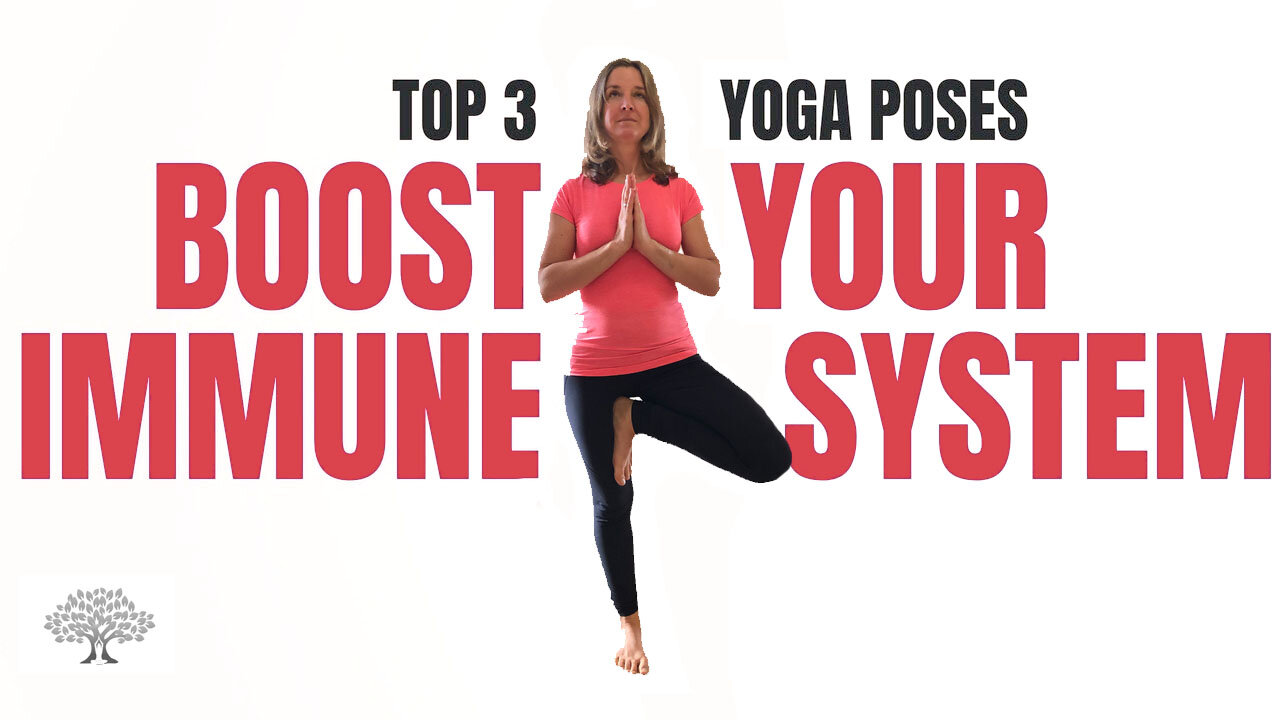How can yoga help us stay well and live for longer?
If you’re reading this you’re probably expecting me to now tell you 3 yoga poses you can do to live a long and healthy life, right? And if you follow yoga on social media you’d be forgiven for thinking there is a magic sequence of poses that will bring about specific health benefits, or that certain poses produce certain results. This is great marketing but is it really how yoga works? I think this idea emerged from B.K.S. Iyengar’s Light On Yoga and then got mixed up with capitalist marketing strategies until we ended up with confusing messages like the one above. At the end of Light On Yoga, there is a section entitled “Curative Asana for Various Diseases” in which Iyengar lists various asana that will help to cure specific diseases. This sounds wonderful and we all want the world to work in this way - easy to understand, clear and simple to grasp with certain outcomes.
This way of thinking suggests that if I have epilepsy - I can practise 5 specific yoga poses and be cured. However, as I started doing more work with yoga students one to one and began exploring the health benefits of yoga, I began to question this view. Why is Uttanasana good for anaemia or Janu Sirsanana for Diabetes and the answer I came up with was that there is little evidence to show yoga works in this way. There is not really a direct correlation between the pose and the effect. It is more nuanced and complex than that and the real power of yoga, in my opinion, is its ability to help us become more Self-aware. To get to know ourselves better and in this way to make more informed, conscious choices about how we want to live. And when we are thinking about yoga in this way it is not just asana or poses that are important, we need to include all of yoga the ethics, philosophy, breathing, meditation and the movement.
As we become more Self-aware we can individualise our life and see connections everywhere. We can make adjustments to the type of food we eat and how much sleep we need. Activities that are not easily reduced to generalisations. For example, chocolate cake is not always bad. It may be that one day after a long, cold walk a piece of chocolate cake made by a dear friend eaten in front of a cosy log fire makes us feel great but if we eat a piece of chocolate cake every day for a week in August when we are stressed out at work it might make us feel heavy and depressed. Likewise, there may be people in your life who are the perfect company when you want to go out dancing but are not so perfect when it comes to helping you through emotional trauma. In the same way, a vigorous fast-paced asana practise may be what you need one day but on another day some yoga nidra or restorative poses might be much more beneficial. The magic of yoga is that it helps us to see more clearly what makes us happy and healthy and what makes us feel worse. It doesn’t do this through grouping together poses in specific sequences but through the subtle interconnection of noticing how moving makes us feel in the moment and how our breath mirrors and affects our nervous system or what the stories are we are telling ourselves day in and day out about how our life is going. This is how Self-awareness leads to better self-care and a happier, healthier life.
This way of seeing yoga makes it hard to quantify and doesn’t lend itself to marketing strategies or western scientific investigation. One of the problems with yoga and scientific research is that scientific research is inherently reductive. It wants us to simplify and keep everything as constant as possible in order to test what works and what doesn’t. But what if the magic of yoga, the thing that makes yoga work, is its very ability to allow us to see the complexity and interconnectivity of everything. What if taking a more open, nuanced perspective which allows for complexity and subtlety, then helps us to individualise our life and fully express our uniqueness in each and every moment.
I hear many doctors and researchers saying that the way forward for medicine is for it to become less general and reductive and more nuanced and individualised. I think that is yoga’s strength it allows, and more than that, it encourages us to take a holistic view.
So when you go to a yoga class or do some yoga poses from a book or video bear in mind that the muscle you are stretching is not your hamstring or your biceps but your ‘awareness muscle’ and it is this ability for us to be aware of what we are doing and how it affects us that can guide us to a healthier, happier, more sustainable life.

